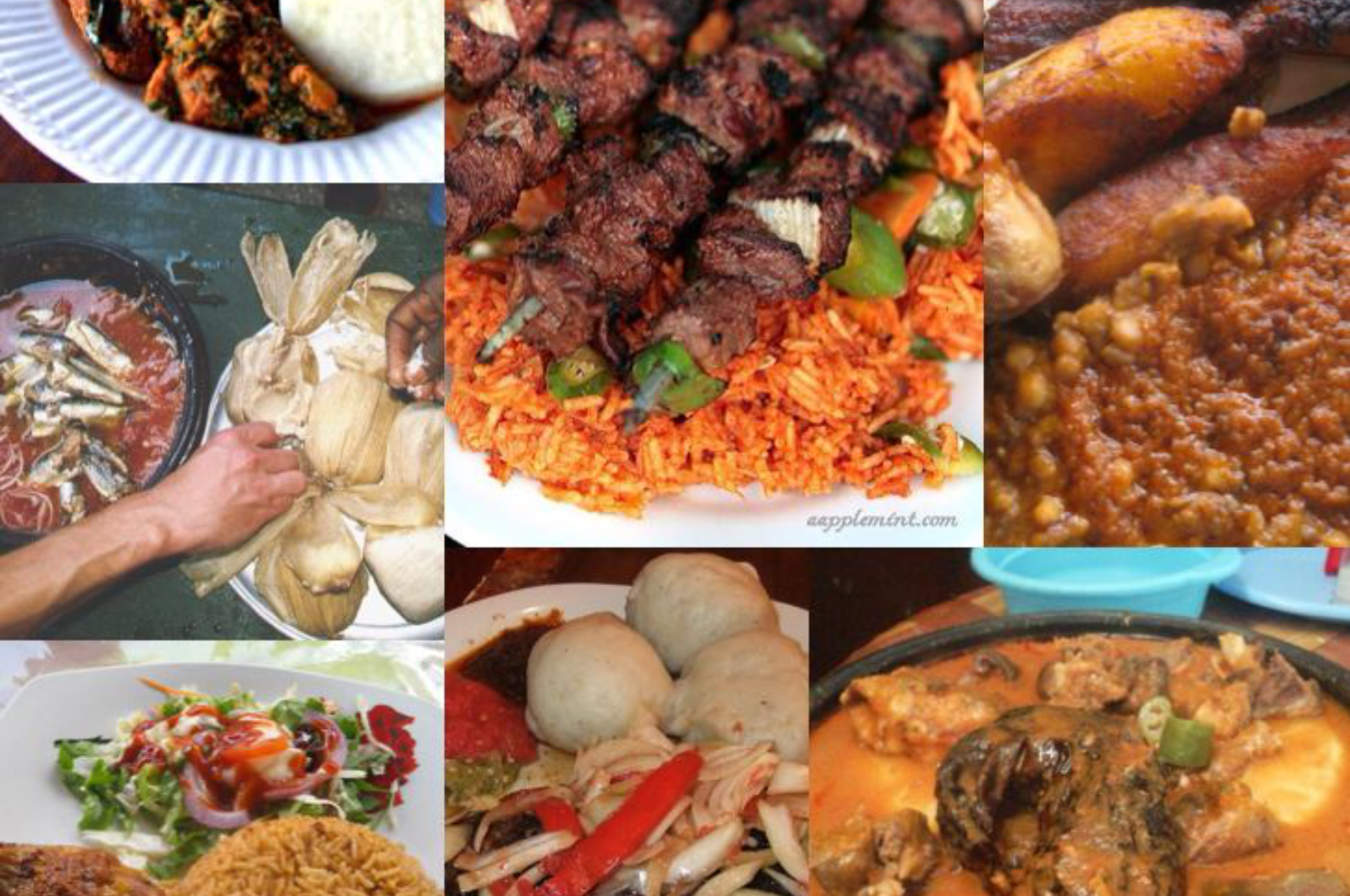- by arkoh
- February 12, 2024
Click the link below to join Our WhatsApp group for daily brief on current trends in the country.
Join Here!
Loading

What have you been eating? A local or continental spread? Do you check the nutritional value of the food before or after eating a meal? What we eat as food either boosts the immune system or diminishes and plagued us with diseases.
Ghana’s culinary landscape reflects a needlepoint of rich flavors and traditions cherished by various tribal communities across the nation. From the hearty dishes of the Ashanti Region to the coastal finger-licking grub of the Gas, and the specialties of the Northerners to the Ewe delights of the Volta Region, each tribe’s cuisine tells a story of cultural heritage and nutritional significance.
The Ashantis:
The Asante people take pride in their traditional foods, which hold deep cultural significance. Beyond the iconic Fufu, dishes like Etↄ, Ampesi with kontomire stew, and Aprapransa showcase the culinary prowess of the Ashanti people. These dishes, passed down through generations, not only nourish the body but also serve as a testament to the Asante’s cultural identity and resilience.
The Gas:
Across the Ga community, the aroma of Ga kenkey fills the air, captivating locals and visitors alike. Made from fermented corn dough and meticulously wrapped in maize husks, kenkey is a beloved staple enjoyed with a variety of accompaniments, from spicy shito to light soups. Its preparation is a labour of love, reflecting the Ga people’s commitment to preserving their culinary heritage and communal dining traditions.
The Northerners:
In the Northern region, Tuo Zaafi reigns supreme as a beloved finger-licking and cherished meal for its nutritional value and hearty flavours. Made with special vegetable leaves and served with a variety of soups, Tuo Zaafi embodies the essence of northern hospitality and communal gatherings. Its popularity extends beyond Ghana’s borders, showcasing the region’s culinary influence across West Africa.
The Ewes:
Nestled in the Volta Region, the Ewe tribe delights in Akple, a traditional dish celebrated for its unique flavour and cultural significance. Crafted with a blend of corn flour and cassava dough, Akple symbolizes communal dining and cultural pride among the Ewe people. Paired with Okro soup, it transcends mere sustenance to become a symbol of Ewe heritage and unity.
As we celebrate Ghana Month, let us with pride enjoy our local cuisine as more than just meals – they are the gateway to a healthier lifestyle and a celebration of our cultural heritage. By patronizing our traditional foods, we not only support local farmers and artisans but also prioritize our well-being, one delicious bite at a time.

Click the link below to join Our WhatsApp group for daily brief on current trends in the country.
Join Here!
0 Comments: